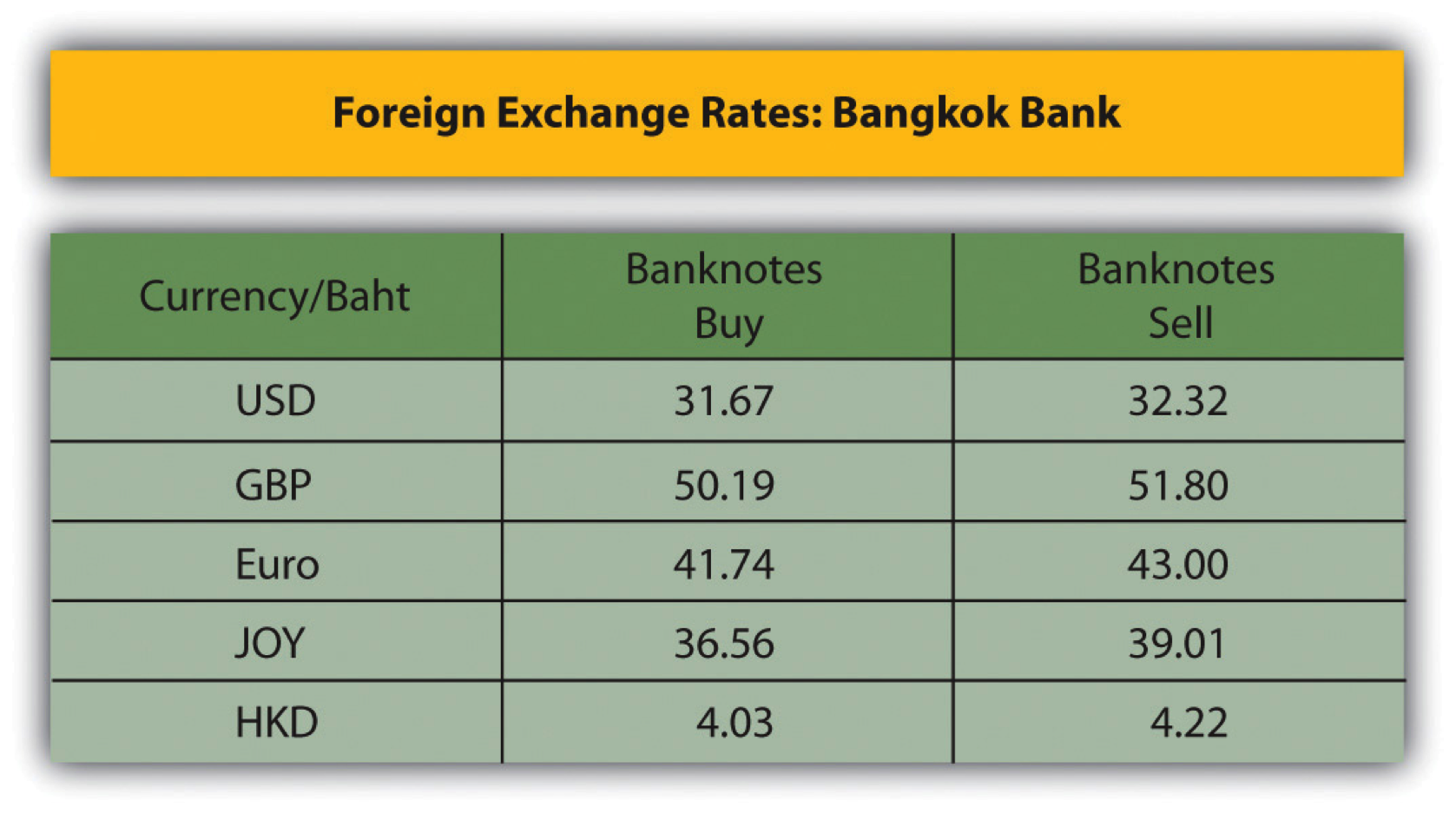The Essence of Arbitrage Explained
페이지 정보

본문
Mastering Profit from Market Gaps
In the ever-shifting world of investment, arbitrage emerges as a core strategy, exposing how financial mismatches can be turned into predictable gains. This specialized strategy involves simultan...
Arbitrage traders, like financial acrobats, move through global markets with accuracy. With machine learning, they act as price stabilizers, improving pricing across financial i...
Definition and Core Principles of Arbitrage
Arbitrage means leveraging temporary valuation mismatches. It’s the strategy of instantly buying and selling of identical or similar assets across different markets. The idea is that prices should converge in efficient markets — arbitrage helps enforce this.
As real-time data expands, arbitrage becomes more about speed and scale.
Arbitrage Variants and How They Work
- **Pure Arbitrage**: Fundamental type involving direct mispricing. Common in forex markets.
- **Risk Arbitrage**: Merger arbitrage, betting on deal completions.
- **Statistical Arbitrage**: Quantitative methods using mean reversion and pattern matching.
- **Regulatory Arbitrage**: Leveraging policy loopholes or differences.
- **Volatility Arbitrage**: Exploiting implied vs. actual volatility in options.
- **Spatial Arbitrage**: Price differences in regional markets, especially in commodities or goods.
Each variation suits different tools.
 How AI and Tech Transformed Arbitrage
How AI and Tech Transformed Arbitrage
Modern arbitrage thrives on:
- Artificial Intelligence
- Machine Learning Models
- Predictive Analytics
- Low-Latency Execution
- Scalable Processing Systems
- Pattern Recognition Engines
These tools shrink windows, but invite regulatory scrutiny.
Risks and Challenges in Arbitrage Trading
Key Risks:
- **Execution Risk**: Delays cause missed trades
- **Model Risk**: Algorithmic failures
- **Currency Risk**: Volatility in FX markets
- **Regulatory Risk**: Non-compliance
- **Cybersecurity Risk**: System breaches or hacks
Mitigation: Use risk controls and adaptive models.
Legal and Ethical Considerations
While permitted, arbitrage can test boundaries. Traders should:
- Follow all guidelines
- Avoid abuse
- Disclose cross-border trades when required
- Use ethical judgment
Small Trader Arbitrage Strategies
Retail traders can use arbitrage if:
- Focusing on local inefficiencies
- Starting with small trades
- Using cheap brokerage accounts and bots
- Managing slippage and spread fees
- Automating alerts or scraping APIs
Next-Gen Arbitrage Tools and Markets
Expect growth in:
- Cross-chain DeFi arbitrage
- Real-time AI trade engines
- Global crypto and tokenized assets
- Regulation-aware arbitrage bots
Traders must leverage automation.
Case Study: Arbitrage in Action
A trader in Karachi saw a 2.5% price gap in dual-listed shares. They used AI to:
- Buy low on KSE
- Short high internationally
- Net 1.8% profit post-cost
Frequently Asked Questions
Q: Arbitrage vs. Speculation?
A: Arbitrage = price gap profit; Speculation = prediction-based risk.
Q: Impact of HFT?
A: Less gap time, faster systems needed.
Q: what is intervention it legal in Pakistan?
A: Yes, but regulated. Cross-border = stricter.
Q: Skills needed?
A: Speed, math, tech, decision-making.
Q: How crypto changed it?
A: 24/7 trades, cross-exchange arbitrage, volatility.
Q: Taxes in Pakistan?
A: Capital gains tax applies. Varies by duration. Cross-border may be taxed differently.
In the ever-shifting world of investment, arbitrage emerges as a core strategy, exposing how financial mismatches can be turned into predictable gains. This specialized strategy involves simultan...
Arbitrage traders, like financial acrobats, move through global markets with accuracy. With machine learning, they act as price stabilizers, improving pricing across financial i...
Definition and Core Principles of Arbitrage
Arbitrage means leveraging temporary valuation mismatches. It’s the strategy of instantly buying and selling of identical or similar assets across different markets. The idea is that prices should converge in efficient markets — arbitrage helps enforce this.
As real-time data expands, arbitrage becomes more about speed and scale.
Arbitrage Variants and How They Work
- **Pure Arbitrage**: Fundamental type involving direct mispricing. Common in forex markets.
- **Risk Arbitrage**: Merger arbitrage, betting on deal completions.
- **Statistical Arbitrage**: Quantitative methods using mean reversion and pattern matching.
- **Regulatory Arbitrage**: Leveraging policy loopholes or differences.
- **Volatility Arbitrage**: Exploiting implied vs. actual volatility in options.
- **Spatial Arbitrage**: Price differences in regional markets, especially in commodities or goods.
Each variation suits different tools.
 How AI and Tech Transformed Arbitrage
How AI and Tech Transformed ArbitrageModern arbitrage thrives on:
- Artificial Intelligence
- Machine Learning Models
- Predictive Analytics
- Low-Latency Execution
- Scalable Processing Systems
- Pattern Recognition Engines
These tools shrink windows, but invite regulatory scrutiny.
Risks and Challenges in Arbitrage Trading
Key Risks:
- **Execution Risk**: Delays cause missed trades
- **Model Risk**: Algorithmic failures
- **Currency Risk**: Volatility in FX markets
- **Regulatory Risk**: Non-compliance
- **Cybersecurity Risk**: System breaches or hacks
Mitigation: Use risk controls and adaptive models.
Legal and Ethical Considerations
While permitted, arbitrage can test boundaries. Traders should:
- Follow all guidelines
- Avoid abuse
- Disclose cross-border trades when required
- Use ethical judgment
Small Trader Arbitrage Strategies
Retail traders can use arbitrage if:
- Focusing on local inefficiencies
- Starting with small trades
- Using cheap brokerage accounts and bots
- Managing slippage and spread fees
- Automating alerts or scraping APIs
Next-Gen Arbitrage Tools and Markets
Expect growth in:
- Cross-chain DeFi arbitrage
- Real-time AI trade engines
- Global crypto and tokenized assets
- Regulation-aware arbitrage bots
Traders must leverage automation.
Case Study: Arbitrage in Action
A trader in Karachi saw a 2.5% price gap in dual-listed shares. They used AI to:
- Buy low on KSE
- Short high internationally
- Net 1.8% profit post-cost
Frequently Asked Questions
Q: Arbitrage vs. Speculation?
A: Arbitrage = price gap profit; Speculation = prediction-based risk.
Q: Impact of HFT?
A: Less gap time, faster systems needed.
Q: what is intervention it legal in Pakistan?
A: Yes, but regulated. Cross-border = stricter.
Q: Skills needed?
A: Speed, math, tech, decision-making.
Q: How crypto changed it?
A: 24/7 trades, cross-exchange arbitrage, volatility.
Q: Taxes in Pakistan?
A: Capital gains tax applies. Varies by duration. Cross-border may be taxed differently.
- 이전글Discovering Comfort in Haideh's Unique Voice 25.05.16
- 다음글The Role of SSRs in Smart Lighting Control 25.05.16
댓글목록
등록된 댓글이 없습니다.



